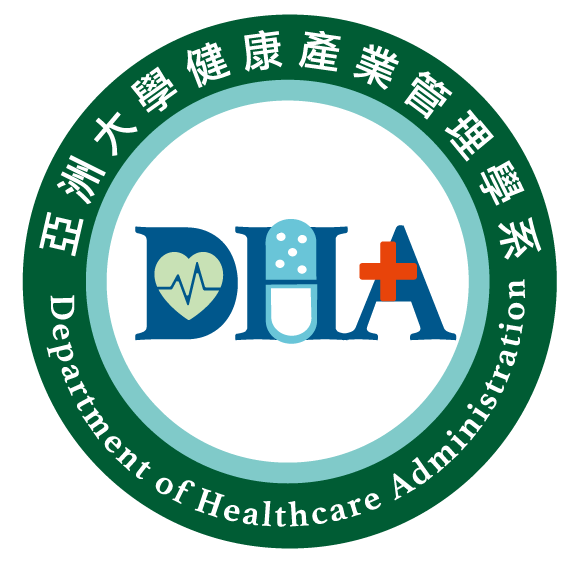|
|
The bureacracy smothering NHI
By Yaung Chih-liang 楊志良
According to agency theory, the more principal and agent levels there are, the easier it is for both principals and agents to slack off and enjoy their privileges while shirking their responsibilities — eventually causing the system to collapse. This is often observed in public construction projects, which are repeatedly subcontracted. Everyone is in charge of their own projects and everyone shirks their responsibilities. The result is frequently ugly to behold.
The same logic holds true for the National Health Insurance (NHI) system. Members of the public are the principals and they elect legislators as their agents. Legislators, as principals, then authorize and supervise the Cabinet, which authorizes the Ministry of Health and Welfare, which in turn delegates the provision of services to the healthcare industry.
Each level tries to please their principals while shirking their responsibilities and agents often complain that nothing can be accomplished: In the end the whole system ends up in the red as liabilities build up. This goes to show that the more principal and agent levels there are, the greater the risk of failure.
The best way to solve this problem is for principals and agents to meet face to face. The public — the principal — must negotiate the cost of the services they need with the healthcare industry — the agent.
Ever since the introduction of the NHI system, there has been the hope of establishing a committee made up of representatives of both users — those who pay — and the healthcare industry that would determine the scope of medical services, fees and premium rates. Such a system, focused on both doctors and patients, follows the spirit of the social insurance systems that Germany and other European countries have adhered to for at least the past century.
After 17 or 18 years of talks, the first generation of the NHI’s medical expenses agreement committee finally established a functioning system, but since the committee was only in charge of expenditures and not revenue, populism and political interference in the rate adjustment process resulted in annual accumulative losses of NT$20 billion (US$609.35 million).
The main reason behind the second iteration of the NHI system was to merge the medical expenses agreement committee with the supervisory committee — forming the National Health Insurance Committee — in order to put the public, through representatives, in charge of the system.
Regarding supplementary insurance premiums, insufficient debate over the legal amendment resulted in sudden changes to the text of the bill, which caused me to resign as minister of health and welfare in anger. Supplementary insurance premiums are set to have a clear impact on the NHI system’s finances and thus should naturally belong to the duties of the NHI committee.
However, in order to “save” the stock market, Premier Mao Chi-kuo (毛治國) increased the amount at which a supplementary premium should be paid on a percentage of extra income from NT$5,000 to NT$20,000, which runs counter to the spirit of the second generation of the NHI system. Not only did this not save the stock market, it also created a situation in which both the Cabinet and the NHI committee make decisions regarding the finances of the system, which has had a very destructive impact.
Because there is a huge surplus in the NHI’s coffers, the NHI committee, relying on its authority, lowered the health insurance premium and the supplementary insurance premium. It also stipulated that if the insurance reserve fund falls below the amount required to cover 1.5 months of expenditures, premiums should be increased, and if the fund exceeds the amount required for 3 months of expenditures, premiums should be cut. Connecting revenues and expenditures in this way and establishing a system of fiscal responsibility is a great step forward for the system.
In the second-generation of the National Health Insurance Act (全民健康保險法) — that the Cabinet pushed through without consulting the NHI committee — beginning in the second year after the implementation of supplementary insurance premiums, the competent authority is to announce adjustments to the supplementary insurance premium based on the rate of increase of the insurance premium rate on an annual basis. This is unacceptable.
On Nov. 22, during the annual “autumn struggle” labor rally, protesters accused the government of siding with capitalists. Due to its poor standing in the polls, the Chinese Nationalist Party (KMT) Cabinet and legislators have been forced to retain the support of several corporations. However, businesspeople recognize no homeland and corporations are not party members. When there is a change in government, they will turn their back on the KMT. Was that not what happened under the administration of former president Chen Shui-bian (陳水扁)?
<刊於2015.12.07 Taipei Times 言論廣場>
<翻譯自聯合報-行政院亂了健保體制>
http://www.taipeitimes.com/News/editorials/archives/2015/12/07/2003634199/1


